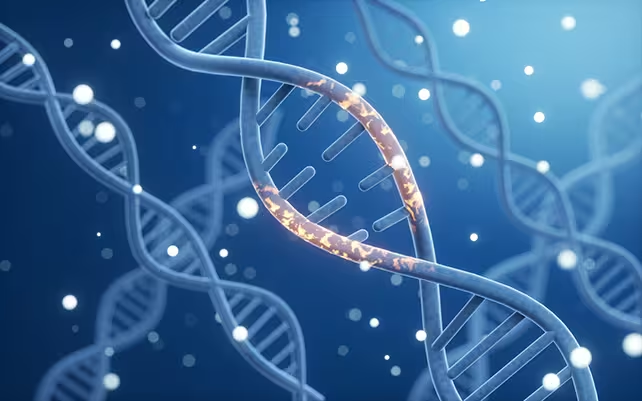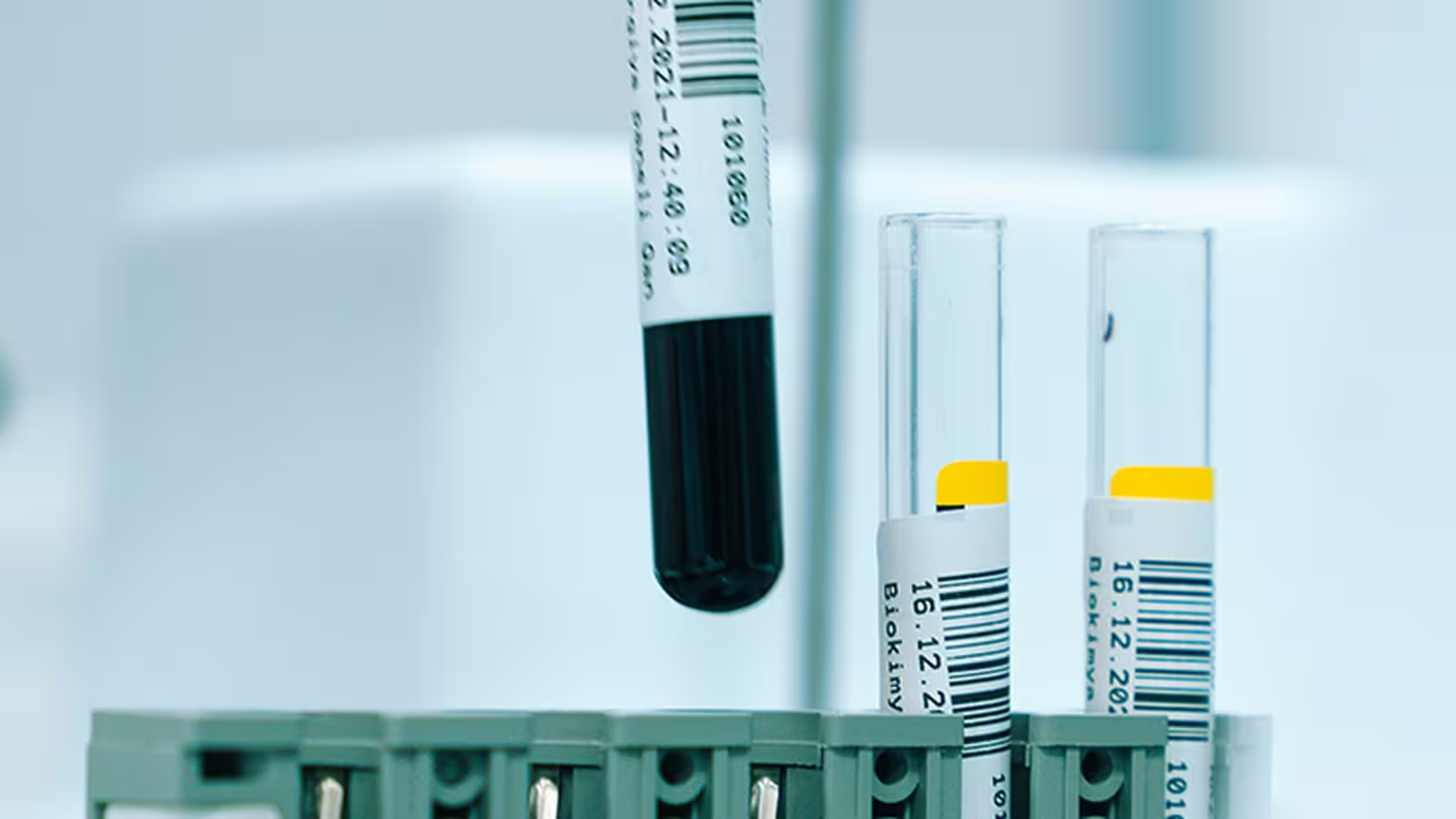4 Minutes
The ability to detect cancer at its earliest stages dramatically increases the odds of successful treatment. Recent advances in medical research, particularly from a team at Johns Hopkins University in Maryland, have demonstrated that blood-based biomarkers could identify cancer more than three years before traditional diagnosis methods. This cutting-edge approach leverages sophisticated genetic analysis, representing a significant stride in oncology and precision medicine.
Scientific Context: Understanding Circulating Tumor DNA
The foundation of this breakthrough lies in the detection of circulating tumor DNA (ctDNA)—minute fragments of genetic material that are released into the bloodstream by malignant tumors. CtDNA carries specific genetic or epigenetic changes associated with cancer, even when tumors are still undetectable by imaging or symptomatic screening. Spotting these early molecular signatures could open new frontiers for non-invasive cancer screening methods.
Dr. Yuxuan Wang, an oncology researcher at Johns Hopkins, explains the significance: “Detecting cancer three years earlier affords crucial time for intervention. Tumors identified at this stage are typically less advanced and notably more amenable to curative treatments.”
The Study: Multi-Cancer Early Detection Using Blood Samples
To test this approach, the research team analyzed archived blood samples from 26 individuals who developed cancer within six months of sample collection. Each was matched to a control participant who did not develop cancer, resulting in a comparative pool of 52 donors. The primary tool, a Multi-Cancer Early Detection (MCED) test, applied advanced computational algorithms to detect trace levels of ctDNA and identify modifications linked to tumor development—even at exceptionally low concentrations.
In the cohort studied, cancer was successfully signaled in eight of the 26 subjects who went on to develop the disease, equating to a detection rate near 31%. Furthermore, for some subjects, archived blood samples taken between 3.1 to 3.5 years prior to diagnosis were available. In this subset, early tumor DNA was found in four out of six cases, sometimes at concentrations up to 80 times lower than levels typically detected by standard MCED tests.

Challenges and Implications for Future Cancer Screening
Despite these promising results, the sensitivity of current blood tests diminishes for samples stored three or more years in the past—highlighting the need for improved methods capable of detecting ultra-low levels of ctDNA. Bert Vogelstein, leading oncology researcher at the Ludwig Center, notes, “This study illustrates the potential of MCED tests in catching cancer at just its inception, while defining the sensitivity benchmarks required for broader clinical success.”
Widespread adoption of such blood-based assays will require rigorous clinical trials and regulatory approval. Nevertheless, the continuous refinement of these liquid biopsy technologies marks a pivotal step toward realizing highly accurate, minimally invasive cancer diagnostics across multiple cancer types.
Broader Significance and the Road Ahead
While regulatory and technical hurdles remain, the growing body of evidence supporting early blood-based cancer detection offers substantial hope. Each successful study enriches our molecular understanding of how cancer emerges and progresses, paving the way for earlier interventions and better patient outcomes. Alongside advances in targeted therapies and immunotherapies, these diagnostic innovations hold promise for boosting survival rates and transforming global cancer care.
Nickolas Papadopoulos, also of the Ludwig Center, emphasizes the broader impact: “Identifying cancers years before they manifest clinically opens a path to proactive management and improved prognoses. However, determining precise follow-up protocols after a positive test will be crucial.”
Conclusion
Early detection remains the cornerstone of effective cancer treatment. With the development of sensitive blood-based tests for ctDNA, science is edging closer to identifying cancers years before conventional methods allow. Although further research and technological refinement are essential, these advances underscore a transformative shift in cancer screening, offering renewed optimism for prevention and early intervention worldwide.
Source: doi



Comments